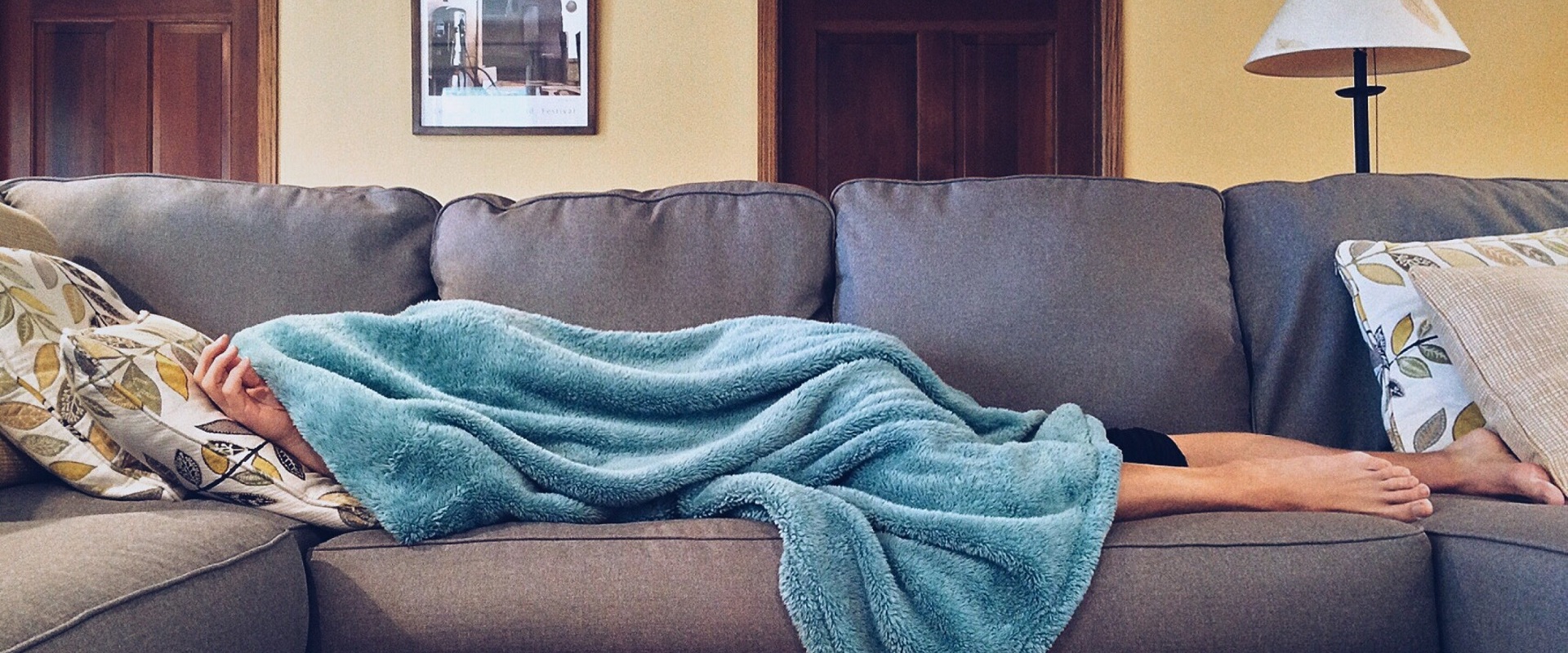From its official website, the United Nations has launched a real guide, a call for help to save the world. It’s a series of simple recommendations for protecting the environment without having to make much effort. No more excuse for not doing your bit!
We’re all part of this planet and it’s up to us whether or not we contribute to taking care of the environment. By now we should all be aware of the need to be respectful of the environment. Fortunately there are some very easy things we can adopt into our routines that will not involve any extra effort and that, if all of us, even the laziest among us, do them, will make a big difference.
The guide consists of three levels: things we can do from the couch, at home and from outside home. The first level consists of very accessible actions requiring no effort, only will.
Things to do from the couch:
- Save electricity by plugging appliances into a power strip and turning them off completely when not in use, including your computer.
- Stop paper bank statements and pay your bills online or via mobile. You’ll help reduce the destruction of forests.
- Share, don’t just “like” if you see an interesting social media post about climate change.
- Speak up! Ask your local and national authorities to engage in initiatives that don’t harm the planet. Don’t print. Do you need to remember something you’ve seen written? Write it down in a notebook, or better still make a digital note – you’ll save a lot of paper!
- Turn off the lights when watching TV or computer screen at night. They provide a cosy glow, so you shouldn’t need more.
- Do some research on the internet and buy only from companies that you know apply sustainable practices and don’t damage the environment.
- Offset your carbon emissions! You can now calculate your carbon footprint and buy climate credits from Climate Neutral Now.
- Stay informed. Follow the news on the Global Goals online or on social media at @GlobalGoalsUN.
- Your opinion is important. Remember, you’re part of the change! Tell us about your actions to combat climate change by using the hashtag #globalgoals on social networks.
Everyday things you can do at home:
- Air dry. Let your hair and clothes dry naturally instead of running a machine. When you machine wash clothes, make sure the load is full.
- Take showers rather than baths, which use a lot more water.
- Eat less meat. Incorporate more vegetables into your diet. More resources are used to produce meat than to grow plants.
- Compost with food scraps. You’ll reduce climate impact while also recycling nutrients.
- Always recycle! Recycling paper, plastic, glass and aluminium keeps landfills from growing.
- Buy minimally packaged goods.
- Avoid pre-heating the oven. Unless you need a precise baking temperature, start heating your food as soon as you turn on the oven.
- Plug air leaks in windows and doors to increase energy efficiency.
- Replace old appliances with energy-efficient models and change the light bulbs.
- Lay rugs or carpets on the floors. Carpets and rugs keep your house warm and your thermostat low.
- If you use a dishwasher, don’t rinse the plates before you run the machine.
- Choose a better diaper (nappy) option. Use cloth diapers (nappies) or one of the new, environmentally responsible disposable brands.
- If you live in a place where snow builds up in winter, shovel the snow by hand. Avoid the noisy, exhaust-churning snow blower and get some exercise!
- Use cardboard matches. They don’t require any petroleum, unlike plastic gas-filled lighters.
Things you can do outside your house:
- Buy local products. Supporting neighbourhood businesses keeps people employed and helps prevent trucks from driving long distances.
- Shop smart: plan meals, make shopping lists and avoid impulse buys.
- Buy funny-looking fruit — many fruits and vegetables are thrown out because their size, shape, or colour are not “right”. In this way we make good use of food that would probably otherwise go to waste.
- When you go to a restaurant and ordering seafood, always ask whether they serve sustainable seafood, product that has been obtained in a manner that is respectful of the oceans.
- Cycle, walk or take public transport. Save the car trips for when you travel with several people.
- Use a refillable water bottle and coffee cup. In this way you’ll cut down on waste and maybe even save money at the coffee shop.
- Bring your own bag when you shop. Do without plastic bags and start carrying your own reusable totes.
- Use only the paper napkins you need at meals. Don’t overdo it. There’s no need to take whole handfuls of napkins.
- Buy second-hand products. Brand new isn’t necessarily best. See what you can re-use from second-hand shops. You might even find great bargains!
- Keep you car in good condition. A well-tuned car emits fewer toxic fumes.
- Donate what you don’t use. Local charities will give your little-used clothes, books and furniture a new life.
- Remember you have the right to elect the leaders in your country and local community.
According to recent UN data, the world population is now more than seven billion.
We all, every one of us, have in our hands the possibility of contributing to one of the most important global goals, solving climate change. Will you join us?


